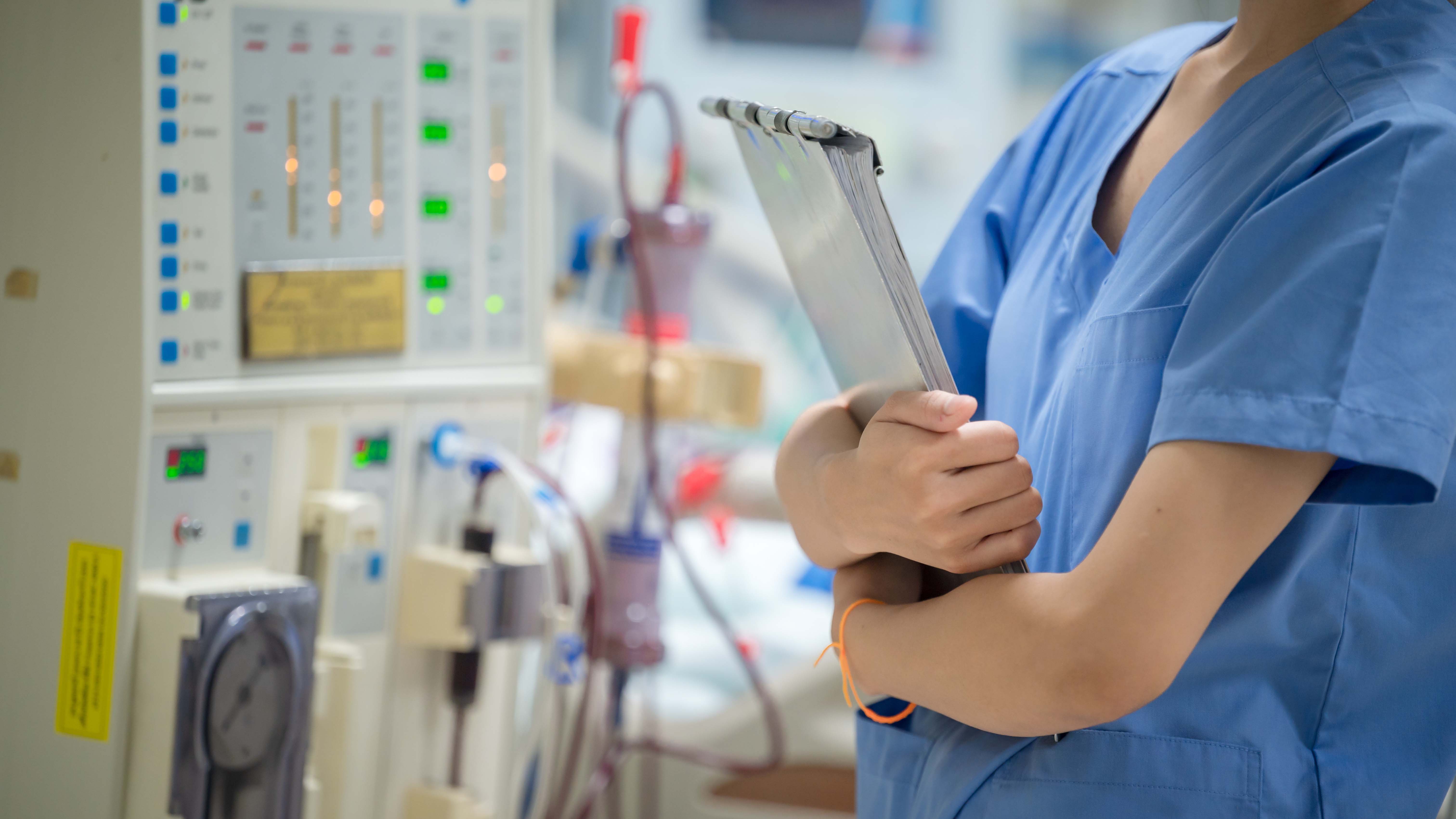
Intensive care is a level of care that involves close monitoring and advanced treatment of critically ill patients
In an intensive care unit, where there is a higher staff density and a high-tech environment, patients are cared for who need more careful monitoring than can be provided in a regular ward.
Intensive care is one of the most resource-intensive forms of healthcare. Teams of specially trained doctors, nurses and assistant nurses work there.
Intensive care units are designed and equipped to give patients with impaired vital functions such as breathing, circulation and consciousness the maximum chance of survival.
As a result, today's intensive care unit is one of the units with the highest concentration of medical-technical equipment. Examination methods and treatment using advanced devices and monitoring monitors to follow the patient's health status.
Patients in an intensive care unit are often connected to various devices relevant to highly specialized care. All in all, there are a lot of devices and as a patient, it can be very stressful to be cared for there. Infusion pumps, monitoring monitors and ventilators that sound alarms, lights that shine and examinations and nursing by ever-present staff to be carried out at frequent intervals.
Sometimes the condition may worsen and there may be a need for intensive care in another hospital with a higher level of specialist care. In this case, you will be transported by ambulance with accompanying anesthesia/intensive care staff.
- Intensive Care (ICU) refers to the care of patients with failure of the body's most basic functions such as breathing, circulation and consciousness
- Pediatric Intensive Care (PICU) refers to the care of children (<16 years) in specialized children’s ICUs. In Sweden there are four departments. Stockholm, Uppsala, Gothenburg and Lund. Pediatric Intensive Care is also given in the general intensive care units
- Thoracic Intensive Care (TICU) refers to the care of patients after heart and lung surgery and transplantation of the heart and / or lungs
- Neurological intensive Care (Neuro-ICU) refers to the care of patients with acute skull and back injury and neurological disease
- Burn Intensive Care Unit (BICU) relates to the care of patients with severe burns.
